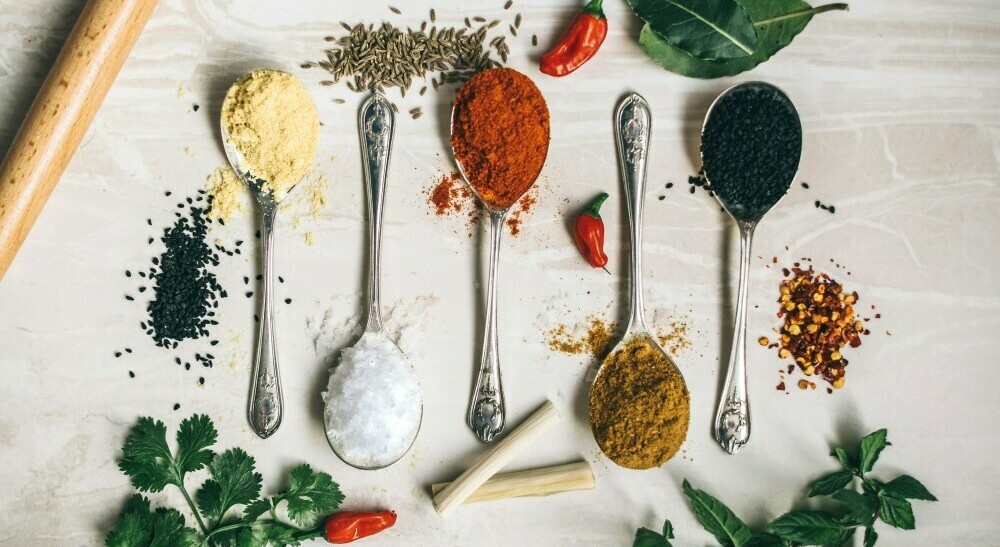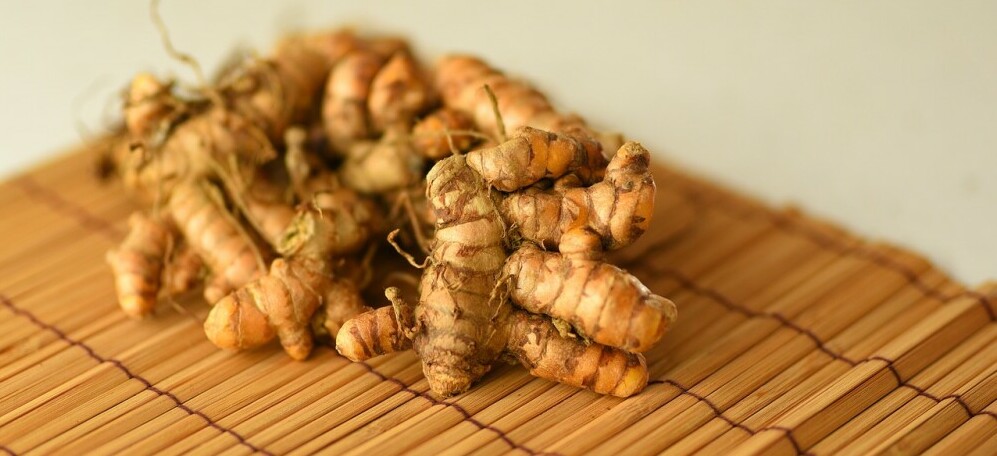
I’m kicking things off by chatting about how vital your immune system is. It’s your personal security detail against infections and keeps you in the clear, health-wise. But managing the immune system isn’t always straightforward, and that’s where herbal remedies come into the picture.
Don’t worry too much about the history lessons, but it’s pretty amazing that for centuries, people have turned to Mother Nature’s medicine cabinet to boost immunity. That brings us to the herbs you’ve probably heard about, like Echinacea and Ginger, known for their roles in immune defense.
I’m here to help you understand how these plants may offer you an immunity edge. However, remember it’s super important to check with a healthcare professional. Why? Because every person’s health story is different, and I want to ensure you’re turning the pages safely.
Next up, we’re going to explore the particular herbs that have made a name for themselves in immune support. You’re going to find out about their history, what modern research says about them, and how they might help keep your immune system in top shape.
Key Herbs and Their Immune-Boosting Properties

I will introduce you to some herbal heavyweights in the immune-boosting arena. It’s not just folklore; there’s some serious evidence backing up these plants. Let’s get to know them better.
Echinacea, or Echinacea purpurea, is often the go-to herb for people looking to fend off a cold. Why? Because it’s believed to kick-start your immune system into gear. It may not only shorten your sniffles but can also make them less severe. Picture your immune system as an army; echinacea could be the call to arms when invaders approach.
Next up is Astragalus membranaceus, which is valued in traditional Chinese medicine—figuratively and literally, seeing as it’s been used for centuries. It’s said to help your body adapt to stress and keep your white blood cells ready for action. Think of it as a coach, prepping the immune ‘team’ for the big game every day.
Don’t underestimate the everyday heroes: Garlic and Ginger. While they’re making your food taste great, they’re also busy fighting off bad guys with their antimicrobial and anti-inflammatory powers. Garlic can boost the production of attack cells like white blood cells, while ginger calms inflammation, potentially keeping your immune system from overreacting and causing trouble.
Now, let’s talk about Turmeric and Licorice Root. Turmeric packs a punch with curcumin, its star compound that tames inflammation and fights oxidative stress—kind of like keeping your immune system’s sensors sharp. Licorice Root, on the other hand, is like the Swiss Army knife of herbs; antiviral, immune-modulating, and even helps the respiratory system.
In my opinion, Holy Basil is a gem that doesn’t get enough airtime. Also known as Tulsi, this herb is seen as the Elixir of Life in Ayurvedic practice. Its ability to help the body adapt to stress and its immune-modulating effects make it a valuable player in your health squad.
Last but not least, Elderberry and Reishi Mushroom can be your immune system’s best friends. Packed with antioxidants, Elderberry is like the friend who always brings the best snacks to the party—supporting your immune cells. And Reishi, that adaptogenic mushroom, enhances the activity of white blood cells, which act like the special ops of your internal defense system.
Hold up, though—there’s more to this story. In the next section, we’ll explore the science that gives these herbs their reputable standing. We’ll take a look at the research that’s helping us understand just how these plants might be interacting with our immune system. Spoiler alert: it’s pretty fascinating.
The Science Behind Herbal Remedies and Immune Health
I hope that you’re starting to see the value of these ancient herbs for bolstering your immune system. Now, if you’re anything like me, you’re probably curious about the science backing all these claims. So, let’s explore what research says about some of the herbs on our list.
In the case of Echinacea, various studies suggest that it can indeed shorten the duration of the common cold, with some pointing out that its benefits are most effective when taken at the onset of symptoms. And Elderberry? Guess what? They are showing promise too. Clinical trials have hinted at its potential to not only reduce the intensity but also the length of flu symptoms, making it a go-to herbal remedy during the cold season.
Astragalus isn’t just a staple in traditional Chinese medicine for its perceived benefits alone. The scientific investigation supports its role in potentially enhancing the body’s natural defense by promoting the production and function of white blood cells, which play a key role in your immune response.
Reishi Mushroom, the adaptogenic fungus, also steps up to the plate with evidence suggesting it might bolster immunity by influencing the activity of white blood cells—potentially good news for anyone looking to enhance their immune vigilance.
When talking about immunomodulators, you can’t skip over Turmeric and Holy Basil. They’ve both been researched for their potential to regulate immune responses, which could help your body respond more effectively to various stressors, including pathogens.
Remember though, individual responses to herbs can vary widely, and these findings are part of an evolving body of research. It’s going to include aspects of immune health that are complex and multifaceted, much like the herbs themselves.
Incorporating Herbal Remedies into a Holistic Health Approach

I’m here to help you understand how herbal remedies can fit into a larger health picture. It’s not just about popping a few herbal capsules; it’s about integrating these natural supports into a lifestyle that prioritizes overall wellness.
A strong immune system is bolstered by much more than just supplements. Diet is king for health, so ensure you’re filling your plate with a colorful variety of fruits and vegetables, lean proteins, whole grains, and healthy fats.
Exercise is another cornerstone of immune health. Regular movement not only builds physical resilience but also aids in stress reduction, which is crucial for maintaining a balanced immune response.
I can’t stress enough the importance of understanding potential interactions between herbal remedies and any medications you might be taking. This is one of those times when consulting with a healthcare professional isn’t just a good idea—it’s essential.
Mental health and sleep are often overlooked heroes of the immune system. Practices like mindfulness, meditation, and ensuring you get 7 to 9 hours of sleep per night can significantly contribute to your body’s ability to fend off illness.
Just don’t focus too much on perfection here. It’s okay to start slow, adding one or two herbs to your routine and building from there. Choose something that resonates with you and aligns with your lifestyle and health goals.
Cautions and Considerations for Using Herbal Immune Boosters
By now, you’re familiar with some top herbal contenders in the immune-boosting arena. But I want to stress that while these herbs have potential, they’re not a one-size-fits-all solution. Just like any aspect of health care, it’s about finding what works for you and aligning it with safe practices.
It’s crucial to remember that everybody is unique, and this means individual responses to herbs can vary. It’s always advisable to consult with a healthcare professional before beginning any new supplement, especially if you’re already taking other medications, or if you’re pregnant or nursing. They can guide you and help mitigate any potential interactions or side effects.
Quality is very important when it comes to choosing herbal supplements. Look for reputable brands that prioritize purity and potency, and be wary of any outrageous health claims. Remember, if it sounds too good to be true, it probably is.
Lastly, listen to your body. You may not notice an immediate effect, and that’s okay. Patience is key here. But if you ever feel adverse effects, it’s important to stop taking the supplement and touch base with your healthcare provider.
I hope that you’ve found this guide enlightening and that it helps you make informed decisions about incorporating herbal remedies into your immune support strategy. Stay healthy, be informed, and choose something that resonates with you and your unique health needs.
